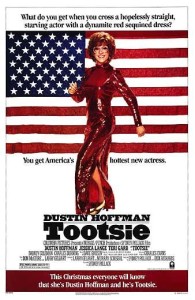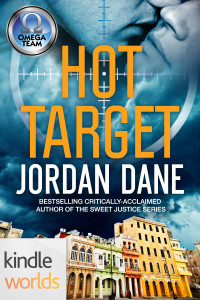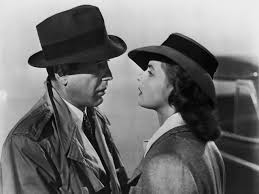Now that I have your attention, I attended an unusual writers’ conference located in my hometown of San Antonio on Feb 25-27, 2016. The Wild Wicked Weekend did not disappoint. The name says it all. This was my first time attending this crazy event, although I heard a lot about it over the years. It’s organized by a group of authors called Belle Femme and the venue was the Menger Hotel, an historic hotel reputed to be haunted. (No, I did not see any ghosts, that I know of.) I almost didn’t attend because the events planned for this conference actually scared me more than the ghosts that frequent the old hotel.
Here a link and you can see what I mean:
http://wildwickedweekend.com/
What never ceases to amaze me is the generosity of fellow authors who met with me to exchange ideas on better ways to promote books. One author in particular – Elle James – taught me a lot about her highly successful career being a hybrid author, working with traditional houses as well as being a driven indy author with a great track record. I learned that I had to bend my way of thinking from traditional publisher strategies to a more independent author approach. These two ways are different in how advance promo time is used and the importance of pre-orders and advance reviews and ways to boost awareness of your books.
Here are some specific things I wanted to share. None of these are very detailed because I need to learn more, but there might be enough for you to get started too.
1.) I learned about Drive.Google,Com where you can develop a GOOGLE FORM for obtaining Advance Reviews. Once you create the form, you can embed the code into your facebook page, for example, and begin to build on a database of reviewers for your current and future releases.
2.) You can set up a Street Team page for your author name on Facebook and generate buzz with exclusive content, giveaways, and insights into your books to build enthusiasm for your work.
3.) I heard about targeting Facebook ads to specific markets that could be interested in your book, based on certain keywords – and the use of Facebook Power Editor on a Chrome Browser. As I said at the start of this list, I am still learning about these marketing techniques, so I’m not able to give detailed advice. If that is what you are looking for and you would like to learn more, then you can click on the link.
4.) I heard about the benefits of getting set up under Amazon Associates in the Affiliates program.
5.) I learned about tracking indy sales through an app called BookTrakr. The details are much better than I’ve seen on other sales tracking tools.
From networking with generous authors, I was pitched to write for another new series to be launched in July. I can’t share the news yet, but I’ll be linking my latest novel (THE LAST VICTIM) into a crossover to jumpstart my character Ryker Townsend into a new series of his own.
I’ve never written for Amazon Kindle Worlds (KW) before, but I’ve found that if I crossover any of my series books or create a new series that will tie-in to the two KWs I will be writing for, I can take advantage of the readership of all the authors writing for the series. In the back of our books, we add links to the other books in the series and once a reader finds the KW series and loves the book, they may keep buying them. We sustain each other’s momentum by doing this.
This is nothing new. Traditional houses have been placing ads in the back pages of printed books if an author’s contract allows for it. But in this digitized world, an online link can mean a sale and perhaps sustain a rise in sales rank.
My strategy for the rest of the year will be to write my Amazon Kindle World novellas (word count sweet spot ranging 25,000-30,000 words) – I have 4 so far with releases in Feb, May, July, Nov – then link in one to two of my Ryker Townsend (FBI Profiler Series) with word counts at 50,000-60,000 words each.
So I am in the precarious position of having contracts to fill, but I will also need to establish a better advance and post promo strategy to take advantage of pre-orders, advance reviews, street teams, and Facebook parties. That’s what I learned at this crazy conference from some very prolific authors who took me under their wings.
The moral of this story – Never pass up a Wild Wicked Weekend.
FOR DISCUSSION:
1.) What advance promo works best for you?
2.) Have you used Street Teams to generate buzz for your books? Strengths? Pitfalls?
3.) What synergies are there in cross promoting your books with other authors in a series or who write similar books to yours?
4.) How do you obtain your advance reviews?
HOT TARGET – Omega Team series – ebook priced at $1.99.
Rafael Madero stands in the crosshairs of a vicious Cuban drug cartel—powerless to stop his fate—and his secret could put his sister Athena and her Omega Team in the middle of a drug war.














